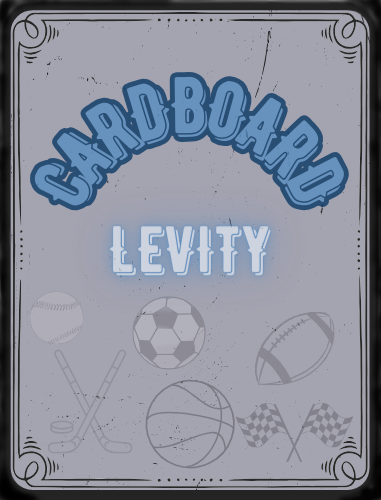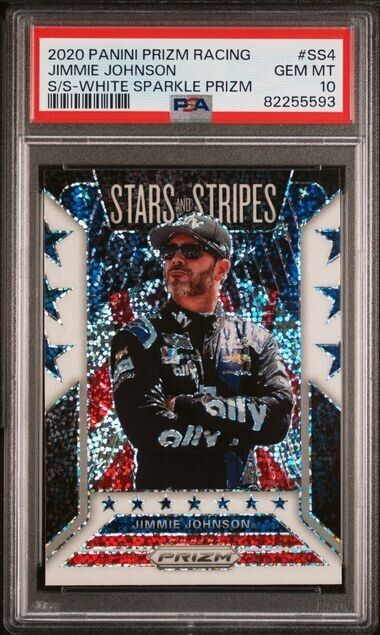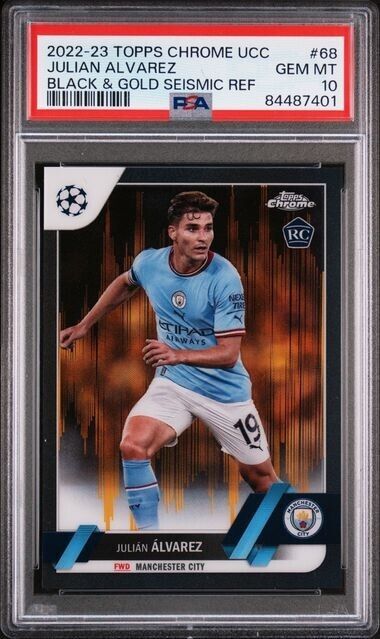Welcome! An Introduction to the Cardboard Obsession
The certain prospect of death could sweeten every life with a precious and fragrant drop of levity; and now you strange apothecary souls have turned it into an ill-tasting drop of poison that makes the whole of life repulsive – Nietzsche 1
Welcome to Cardboard Levity. As the quote above alludes to, levity is something to strive toward, something that can make life sweet again. The lightness of being versus the crushing weight of adult obligation. I find that lightness in the pursuit of sports card collecting.
Why sports cards? It scratches the itch for me. It combines a mix of nostalgia, lifelong sports addiction, and (irresponsible) gambling into a single medium that provides me with a much-needed escape from the seriousness and pressures of adulthood.
However, that doesn’t mean adults and cards don’t mix. In fact, if you thought collecting cards was fun as a kid, it is SO MUCH MORE FUN as an adult! (which can be a bit of an issue for some of us with addictive personalities).
The Business
There’s no shortage of companies out there geared toward enticing collectors with the allure of shiny refractors, low-numbered parallels, game-used memorabilia, autographed rookies, etc.
Make no mistake about it, this business is all about visual cues. This should be obvious with card parallel names like Panini’s “White Sparkle” and Topps’ (Fanatics) “Black & Gold Seismic”.
In the coming articles, I will tell stories of life through the lens of the card-collecting world. After a long hiatus from my childhood collecting days, I have spent the past four years of my life waist-deep in the industry.
There is much to tell, many curtains to peel back, and many secrets to uncover, but first, I want to establish a basis for why I’m doing this.
Why Do You Collect?
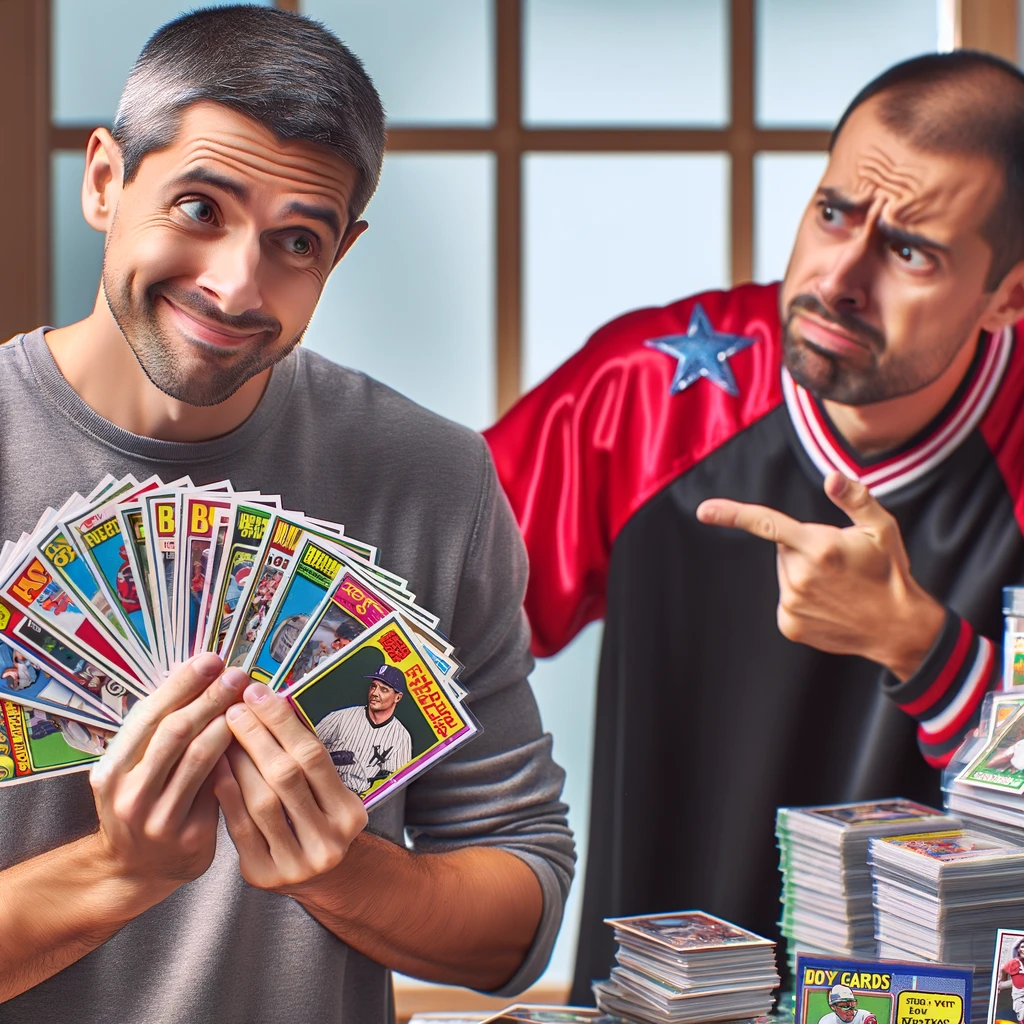
“Baseball cards? Isn’t that for kids?”
Ah, that condescending remark. It is a phrase that you often hear in the realm of collectibles, where outsiders who cannot understand or appreciate the level of devotion inside our respective niches, resort to accusations of infantilism. Is it childish? Maybe, but are we going to act like the endless stream of comic-inspired movies nobody seems to be able to get enough of aren’t also infantile and regressive? (If you haven’t noticed by now, childhood nostalgia is a juggernaut in the business realm.)
What if there were no grownups? Suppose the whole idea of grownups was an illusion? What if their money was really just playground marbles, their business deals no more than baseball-card trades, their wars only games of guns in the park? What if they were all still snotty-nosed kids inside their suits and dresses? -Stephen King2
The Power of Memories
Maybe collecting things from the past is just the inner child screaming out from inside, desperate to find the way back to better times, and incensed that other people may have found exactly what they have been missing. They just don’t know they’re missing it yet. The world compels you to “grow up” and “put away childish things”, but for what?
We can all recall those times when we found happiness inside of a hundred small moments a day before the world began egging us on to become obsessed with wealth and status. We stopped being kids in an effort to succeed, but in doing so, we ended up completely removed from the wonder we took for granted in our youth.
We’re all longing for those childhood feelings of love, security, and happiness. So how can a cardboard picture bring you joy? Think about it like this: Does an old photograph of yourself or a loved one bring a smile to your face? It is the memory it invokes that holds the power to awe.
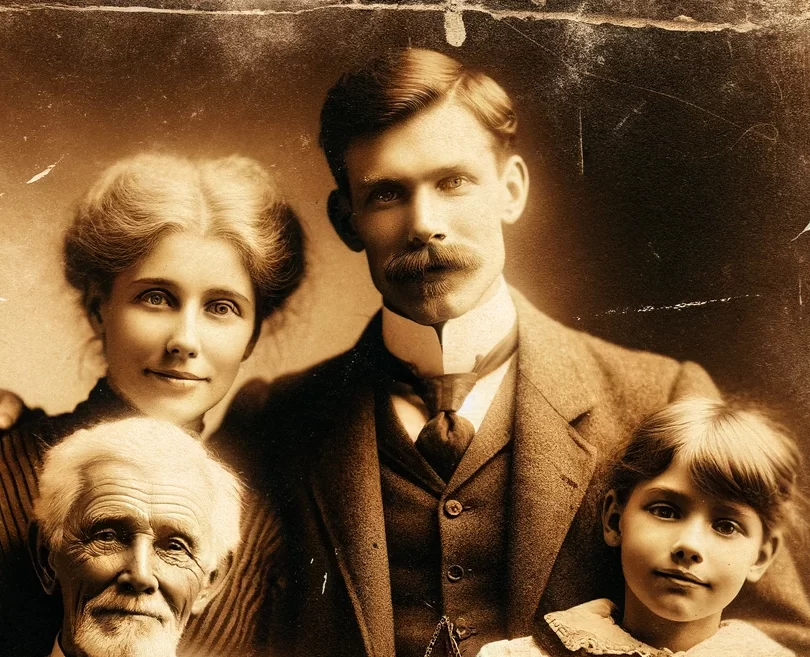
The power of memory is all we have to sustain us. It’s not just about the object, but the symbol it represents. We collect not just to hoard the heroes of our youth, but to catalog the memories that represent the complex fabric of our lifetimes.
Strength in Numbers
Life is full of distractions. In our attempt to run away from the inconvenient knowledge of our impending demise, many of us have turned to pursuits that others can’t comprehend. There is beauty in the niche market in that sense. It creates an insulated but tight community that shares a unique commonality.
The community it creates can become a repository for shared knowledge, a place where one may find the fulfilling camaraderie they may otherwise lack in their daily lives. (Yes, it can also often devolve into toxicity and groupthink, but that’s human nature).
We all create our versions of reality, yet we all remain paralyzed by the same assumption that this is all fleeting, that there is a clock we’re all running up against.
Nietzsche believed that the clock could make life beautiful, that we could transcend mortal concerns and focus solely on living: being present and finding beauty in the knowledge that life is short and precious.
Memories. Don’t lose your memories. Don’t lose your conduit to the greater lightness.
In short, “Don’t lose your dinosaur“.
See you around,
– DR Finley
